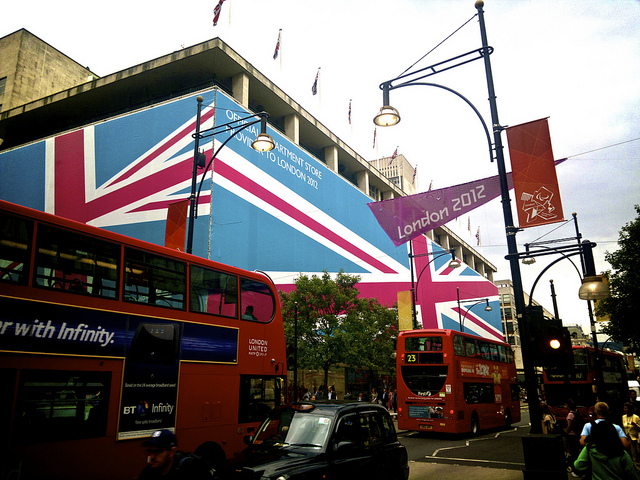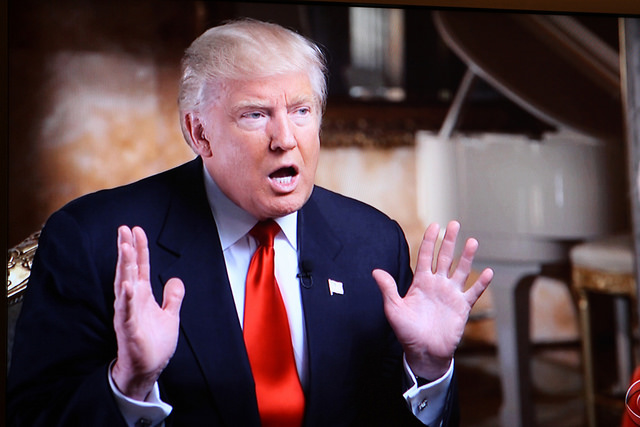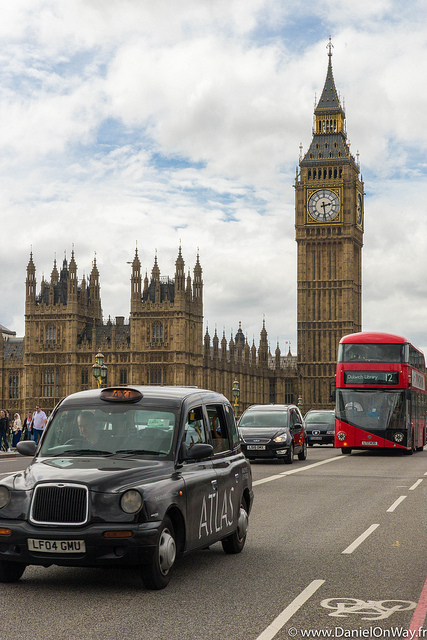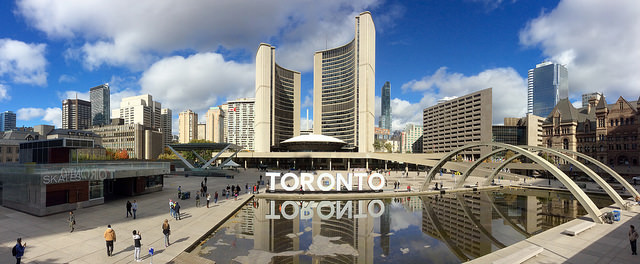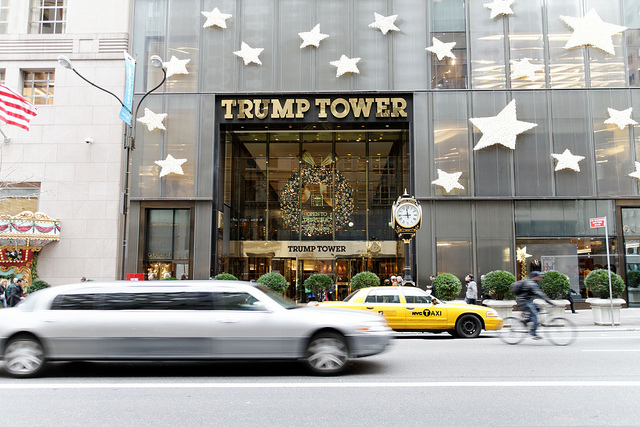There seems to be disagreement amongst President-elect Trump’s transition team about what Donald Trump really wants. “The Donald” also known as the “Glorious Leader” on a neo-nazi website may have said many things during the Presidential election campaign simply to gain votes.
According to an immigration adviser on his transition team the President-elect, Donald Trump, plans to introduce a controversial ‘Muslim registry’, scheme, for which Trump will not seek congressional approval, and which will target immigrants from ‘mostly-Muslim’ countries. This has been compared by some to Nazi Germany’s requirement that jews register.
